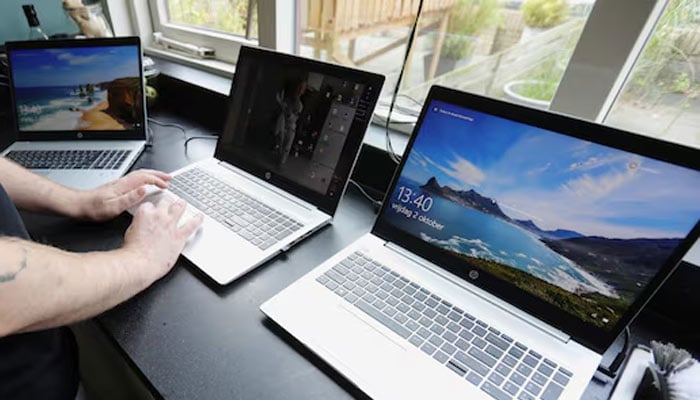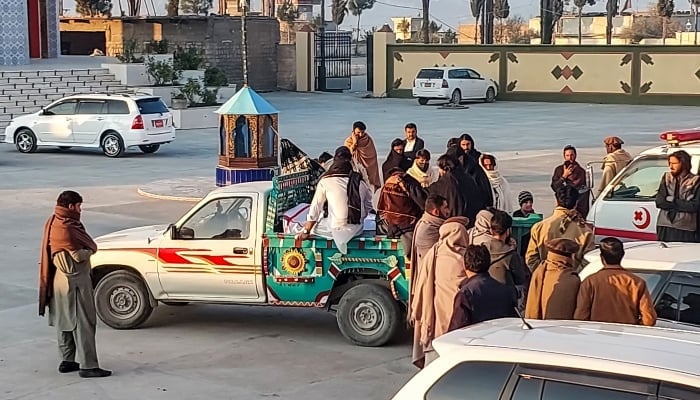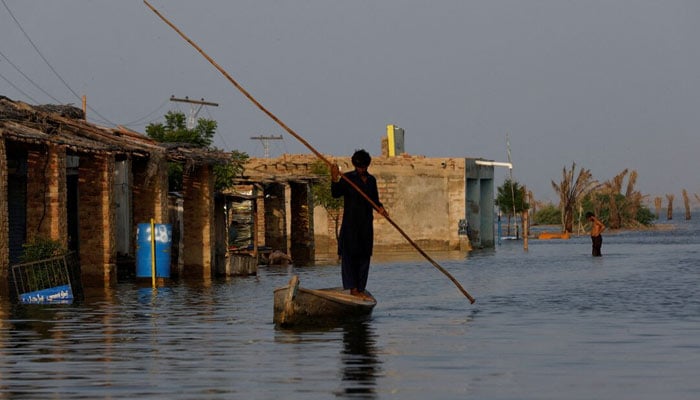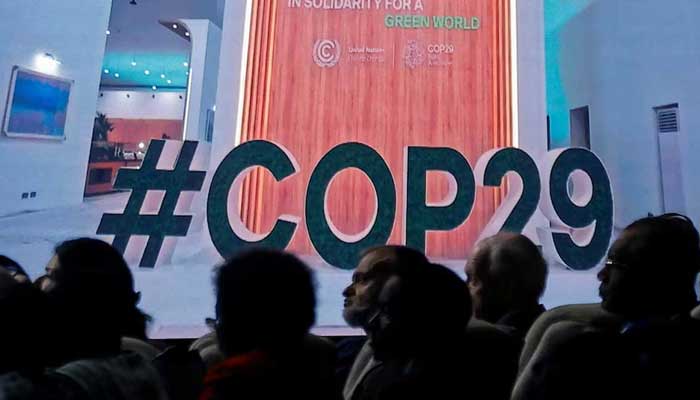The country of the ‘leftovers’
‘Abey yaar!’ is our safe-for-work alternative to other words to show our frustration when things go awry
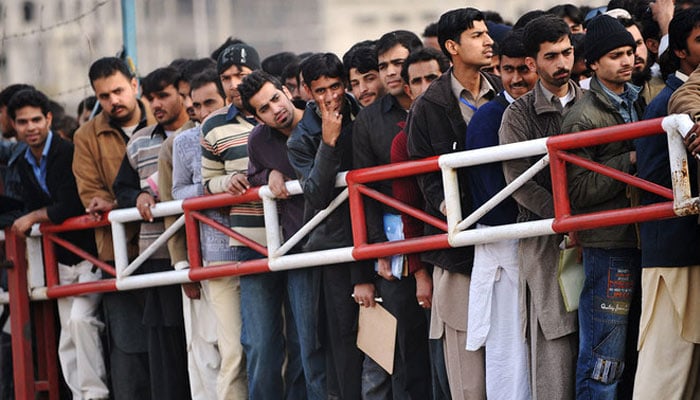
‘Abey yaar!’ – a phrase ubiquitous across the country. This is our safe-for-work alternative to other words to show our frustration when things go awry.
‘Abey yaar!’ in the 2000s would mark the loadshedding hours. ‘Abey yaar!’ in the early 2010s was when plans would get cancelled because of sudden calls for strikes. ‘Abey yaar!’ today is a form of expression to register our annoyance when WhatsApp messages are stuck midway and the tiny clock appears instead of the double-tick sign. ‘Abey yaar!’
This is not going to be a feel-good, year-end piece where I will use motivational quotes to tell how resilient we are. But if it gives that feel, I do not have anything in my justification.
What motivated me to write this piece is — surprise, surprise — the recent internet disruptions.
As a person whose social media consumption is now at dangerously high levels, I often find myself scrolling through countless LinkedIn posts. During the recent internet outages, especially the outages reported by social media platforms, many users shared how they lost their clients because of this. Someone shared a screenshot of an email she received where her client was empathetic but had to part ways in the interest of his business.
I saw posts of people praying to leave the country as soon as possible. Of course, what else is there for us to stay? But this article is not for those who are planning to move.
This is for those, like me, who are left behind — not because we did not want to cross the manned gates of the airport but because: a) we do not have enough dollars to be a step closer to our entry to a certain North American country; and b) we failed to crack the Middle East job market at the right time.
So, what are we, the leftovers, supposed to do now? Our will to live in a country marred with political and economic issues comes from our understanding that things are going to be ok.
I was watching a reel on Instagram (yes, the internet is not always bad) where a podcast host asked his guest if there was one lesson he learnt from his journey from being bankrupt to setting up a million-dollar company. And the man said that if he could he would post the following on all the billboards: ‘Everything is going to be fine.’
At this point, Pakistanis cannot see how things are going to be fine. The economy is bad; the internet, the only saving grace, is bad; politics is bad; polarisation is at its peak; there is nothing left for us to do here. But I will still repeat what the man said: everything is going to be fine.
I think one unique feature of the human mind is its power to push back bad memories. I grew up in a Pakistan that was deep in the war on terror mess. In Grade VI, I witnessed my first bomb blast at a Karachi mosque. In Grade VIII, the black fumes coming out from a hotel, the bombing site, were visible from our classroom’s windows. In Grade XII, the twin blasts during an Ashura procession created a sense of lifelong fear.
I grew up in a Karachi where robberies and break-ins were rampant. I remember being held at gunpoint while another robber pointed his sharp knife at me, threatening my father he would kill me if he did not tell them where the conjectural treasure-laced safe was! But do you know what I did the next day? I packed my bag and set out to attend my class. Sometimes, all we are left with is to keep swimming, Dory style.
It is not patriotism that has kept me here. It is the fact that my cards are not aligned in my favour. So, I am here. But living here has made me a strong believer: everything is going to be fine.
If I compare my childhood with that of my baby cousin, for example, hers is, thankfully, quite better. She did not have to deal with constant school closures or listen to the sounds of gunshots.
Similarly, the days of loadshedding when the sound of the generator would leave you half-mad are gone for most of us. Yes, they have been replaced by gas loadshedding, but who needs to eat after 10pm anyway – or so we tell ourselves!
Compared to the early 2000s, life today is less stressful. The constant images of ambulances transporting the dead and the injured have disappeared from our TV screens. We lived in a time when regular people like us would be on TV, screaming and searching for answers as their loved ones fell prey to stray bullets.
Yes, things are not ideal today. But they are slightly better than the worst we grew up witnessing. In those days, when Facebook was banned and YouTube wouldn’t work, we still held our hopes high. We still figured out hacks to know what is going on in the world. We read their books, watched Oscar-worthy movies, danced to the songs released exclusively on online platforms, and laughed at their memes.
Things were awful and we did not have electricity for the most part of the day, but we survived. And maybe the world is not ready to applaud us for our resilience, but we know how persistent we were.
There are certain things that are not in our control. Our focus is usually on the things we cannot change. But if we just keep moving, we will reach where we want to, and things will fall in place perfectly. At the end of the day, everything is going to be fine.
‘The struggle continues! Victory is certain!’
The writer is an assistant editor at The News. She tweets/posts @manie_sid and can be reached at: [email protected]
Disclaimer: The viewpoints expressed in this piece are the writer’s own and don’t necessarily reflect Geo.tv’s editorial policy.



